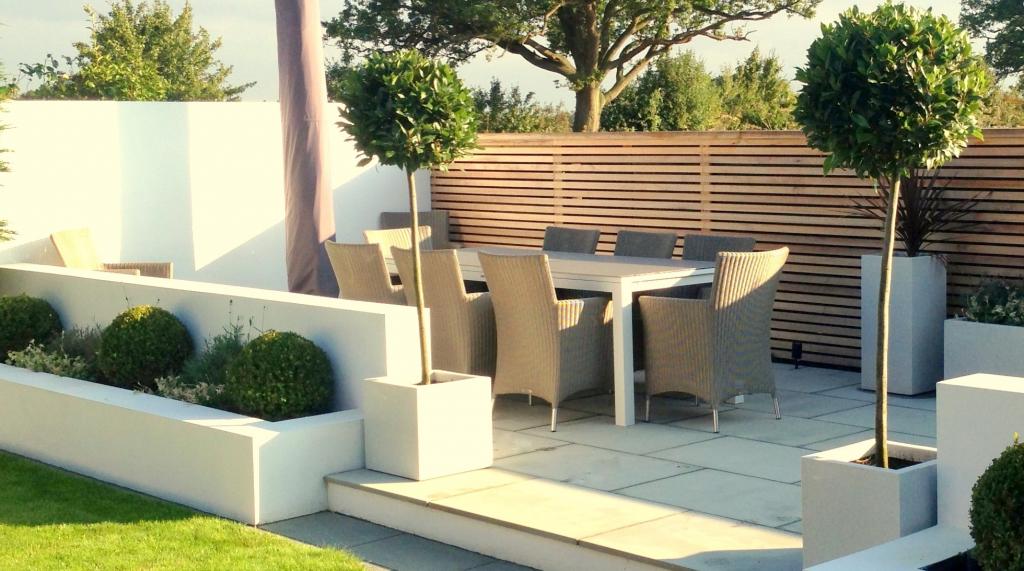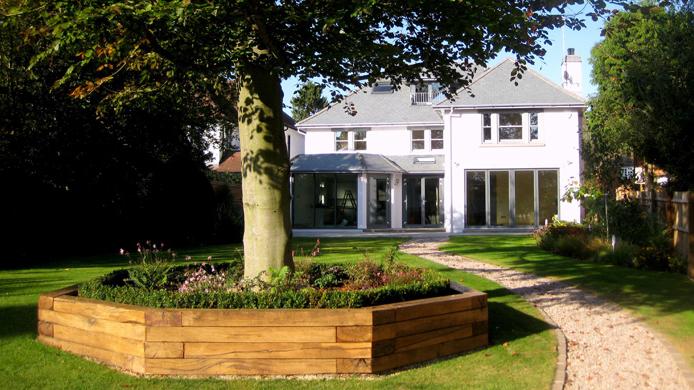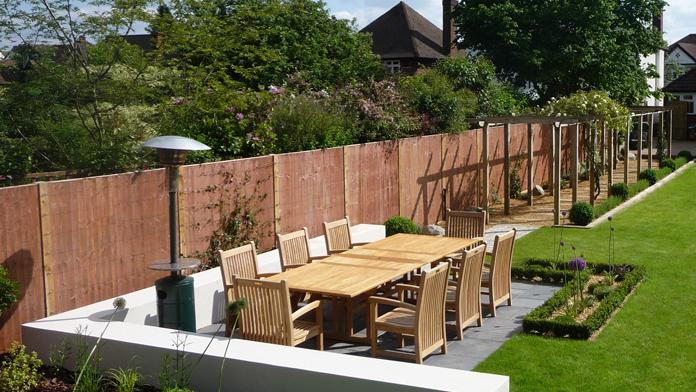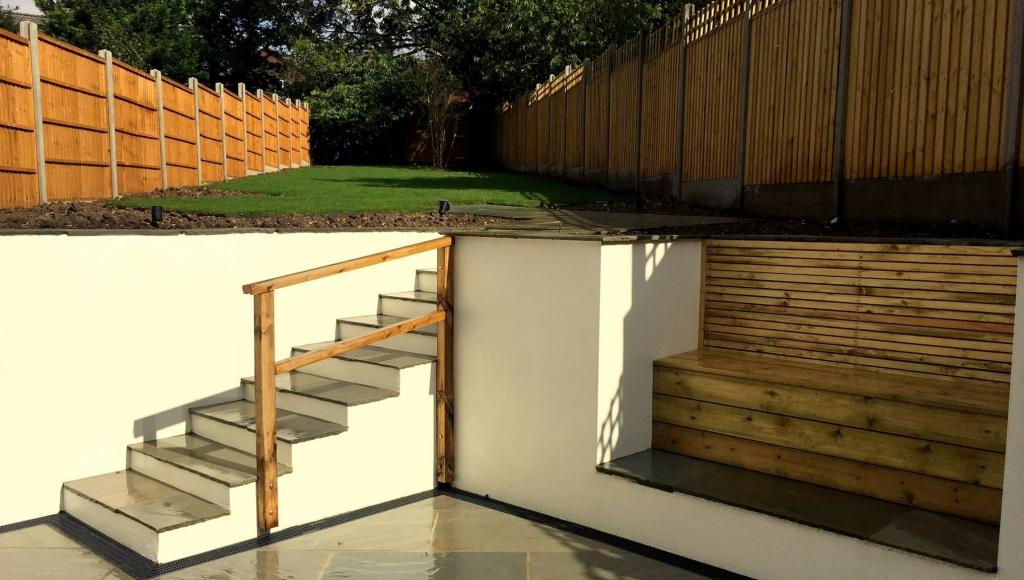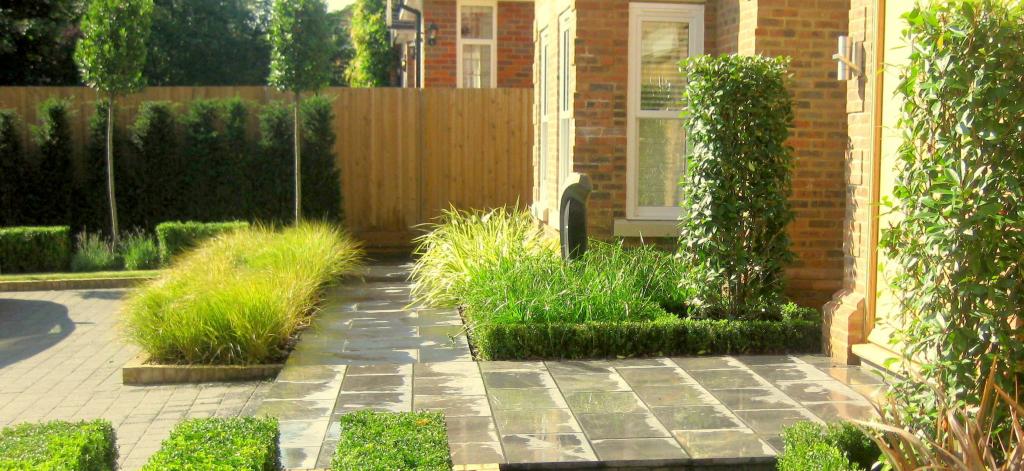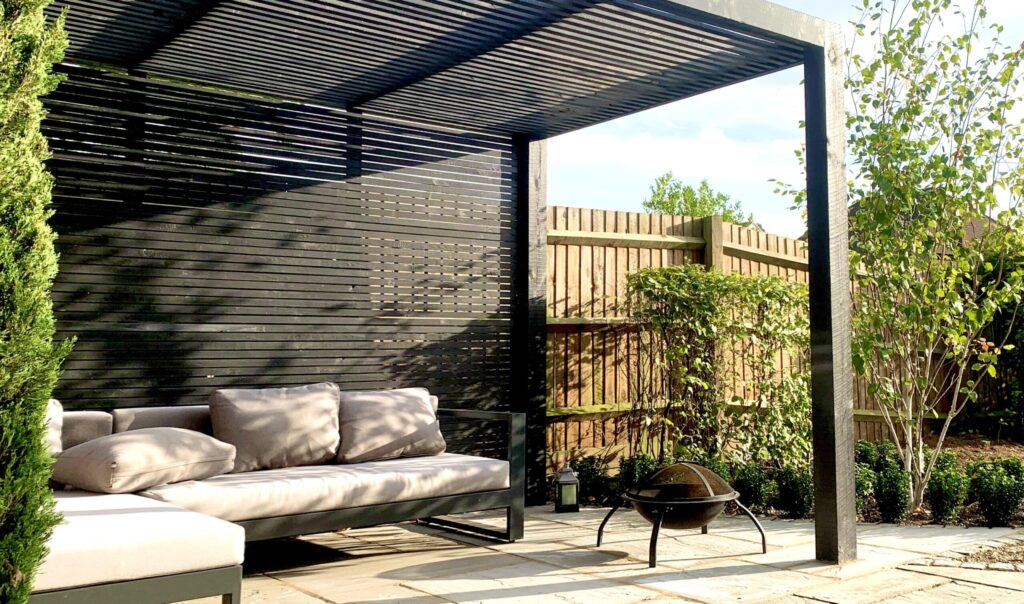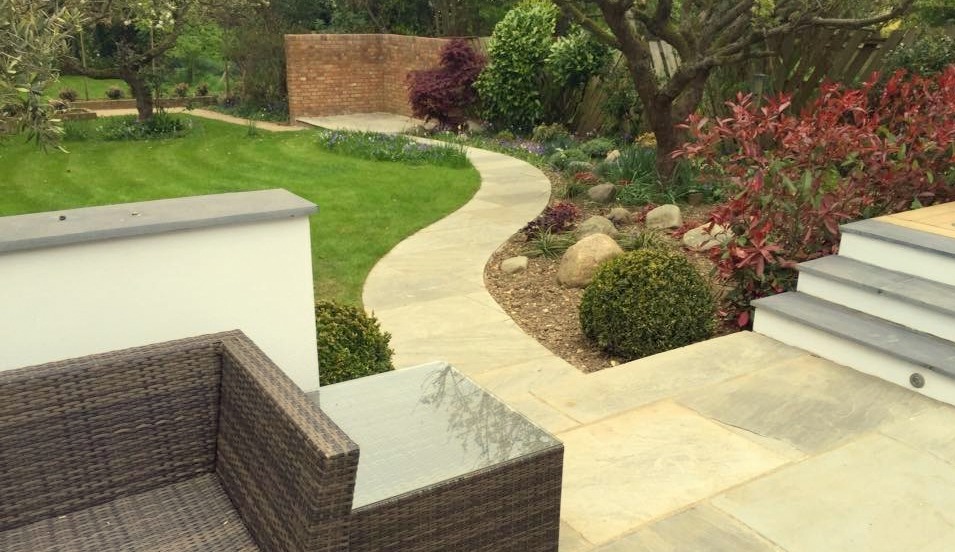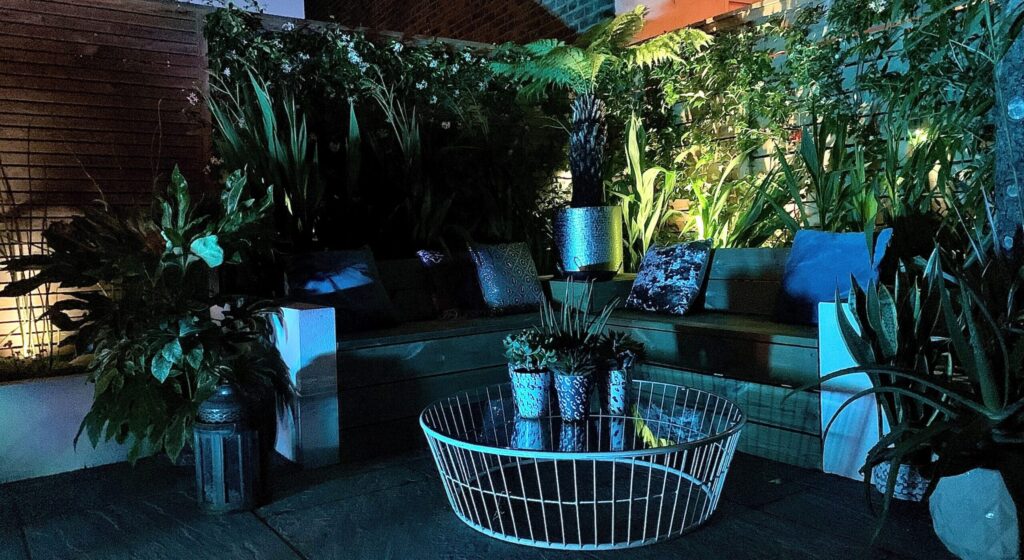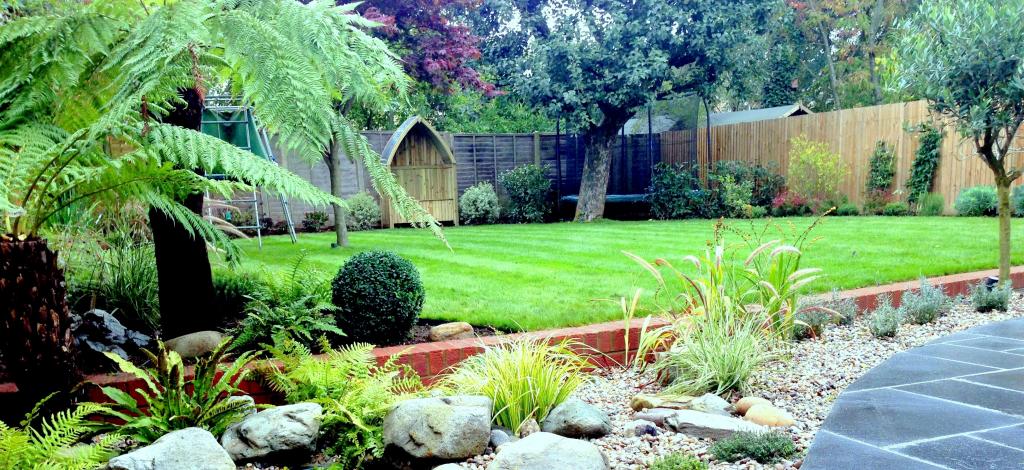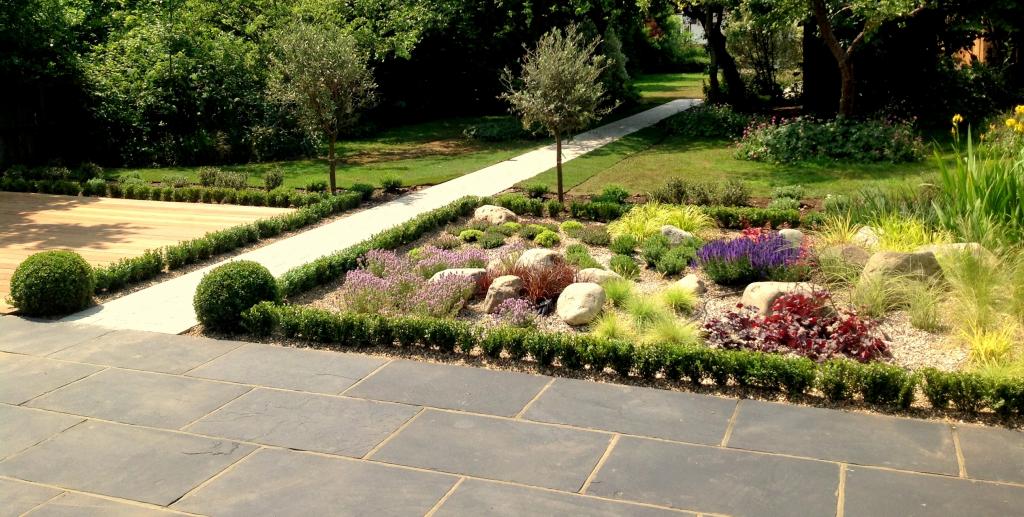Paving topsham ⋅ paving exmouth
© Exeter Landscapes ⋅ paving ⋅ patios ⋅ topsham ⋅ exmouth
EXETER LANDSCAPES • PAVING
Exeter Landscapes and Garden Design. Providing garden design and landscaping services. Throughout Exeter and South Devon.
SITE VISITS • DETAILED QUOTES
We are happy to carry out free site visits. And provide our customers with detailed quotes for our garden design and landscaping projects.
Paving topsham ⋅ paving exmouth
MENU ⋅ PAVING ⋅ TOPSHAM ⋅ EXMOUTH
LANDSCAPING • EXETER LANSCAPES
Paving topsham ⋅ paving exmouth ⋅ sleeper raised beds
Over the years. We have designed and constructed many gardens throughout Exeter and South Devon. The majority of gardens we design. We construct, in-house.
LANDSCAPING SERVICES · PAVING EXMOUTH · TOPSHAM
· Paving · Sandstone Paving · Slate Paving · Porcelain Tiles
· Decking · Hardwood · Softwood · Composite
· Artificial Grass · Natural Turf
· Leveling · Terracing · Drainage
· Retaining Walls · Block & Render · Sleeper Walls
· Raised Beds · Soil Improvement
GARDEN • DESIGN BUILD
Paving topsham ⋅ slate paving exmouth
The Design · Build Model. Enables us to deliver our garden designs. On budget and on time. It enables our customers to change design elements. During the construction phase. An ensures all our gardens are finished to a high standard.
GARDEN DESIGN · SERVICES
Over the years we have designed gardens of all shapes and sizes. Including contemporary and traditional garden design.
We are happy to visit your garden. And discuss your gardening needs. We are happy to offer free advice on your design projects. Including drainage, planting and landscaping materials. And have plenty of design Ideas!
· Contemporary · Urban Zen · Traditional · Tropical Garden Design.
· Scale Drawings · Hard landscaping Materials · Planting Combinations
· Details Quotes · Material & Labour for Each Design Element.
PAVING GUIDES • EXETER LANDSCAPES
WHY SEAL YOUR PATIO PAVING
You have finally finished. That pristine, light-coloured, natural stone patio. And now for the dreaded BBQ. All that greasy food and red wine. It’s a good idea, to think about protecting your natural stone pavers. By applying a paving sealant.
SEALERS · JET WASHING · PAVING EXMOUTH
A quality paving sealant will protect the patio from most paving stains. Including those caused by your friendly, local bird population. Paving sealants will reduce the build-up of moss and algae, on your paving’s surface. Add a paving cleaner. And jet wash. Not too closely. As the jet can easily mark your patio’s surface.
© Exeter landscapes ⋅ hard landscaping ⋅ paving & patios ⋅ topsham ⋅ exmouth
ENHANCING STONES · NATURAL FINISHES
Some sealants will enhance or slightly darken the natural stone paving. Most quality paving sealants have a natural non-glossy finish.
A good quality paving sealant will ‘breathe’. Allowing water to evaporate from the surface of your paving.
REASONS TO SEAL · PAVING TOPSHAM
⋅ Prevent Staining ⋅ Aid Cleaning
⋅ Enhance Colour
SEALING ⋅ YOUR PAVING ⋅ EXMOUTH ⋅ TOPSHAM
Many people think about sealing their patio area. Paving sealants are a great way to prevent staining and aid general cleaning. They can be used to enhance a patio’s colour.
TYPES OF SEALANT ⋅ WATER-BASED ⋅ SOLVENT BASED
TESTING THE SEALANT[DIVIDER SCROLL_TEXT]
When adding any sealants or products to a stone paving area. First test the product, on a small inconspicuous area or a spare paving slab.
HOW DOES THE SEALANT AFFECT THE STONE?
Test how the product affects the stone’s appearance and colour. This is important before applying the sealant to the whole patio.
WATER-BASED ⋅ SEALANTS · PAVING TOPSHAM
Most DIY paving sealants are water-based. Being generally easier to apply. Reducing the risk of sealing problems. They are generally safer to apply in terms of fumes and toxicity.
PROBLEM · STEAM CLEANERS · PAVING EXMOUTH
If there’s a problem with the finish. Many sealants can be easily removed by steam cleaning. Water-based products are generally cheaper than solvent-based paving products. But aren’t as tough or long-lasting.
SOLVENT-BASED ⋅ SEALANTS · PAVING TOPSHAM
Solvent-based paving sealants include polyurethane or acrylic products. Care must be taken when applying them. As they will release fumes and can be toxic to skin.
We recommend employing a specialist to apply this type of paving sealant. The sealants are hard to remove once applied. And an uneven application will result in pooling.
PRE-SEALED ⋅ PAVING SLABS ⋅ EXMOUTH ⋅ TOPSHAM
You will have to pay extra for pre-sealed paving. Stones can be sealed on-site. However, this can be a messy and time-consuming process.
AVOID THE COLD · PAVING TOPSHAM
Not recommended during colder months. With the sealant often not curing properly.
SEALING PAVING ⋅ EXMOUTH ⋅ TOPSHAM
It’s usually a good idea to leave a patio to bed in for a couple of months before sealing. Some patios can develop efflorescence.
The surface becomes stained with white salt. Caused by salts in the cement leaching up from the mortar bed to the top of the paving. Sealing a patio can slow down or trap the movement of these salts. Making the treatment of efflorescence more drawn out.
DRY PATIOS · CLEAN PATIOS · WEATHER
Make sure your patio is clean and dry before applying a sealant. Always check the weather. Avoid the wet. A windy day can be a nightmare.
LEAVES · HOT WEATHER
With leaf debris clogging up your sealant. Don’t apply on extremely hot days. Paving stones quickly become hot. Your sealant will dry unevenly. And avoid cold conditions. As the sealant may not cure properly.
BUYING PAVING GUIDE ⋅ EXMOUTH ⋅ TOPSHAM
© Exeter landscapers ⋅ natural stone block paving suppliers ⋅ topsham ⋅ exmouth
BUYING NATURAL STONE ⋅ SPECIALIST STONE COMPANIES
Buying the stone is going to be the major expense, in your paving project, Topsham. It’s always tempting to search out those ‘cheap’, bargain, online prices.
View The Stone In Person
Why not have a look at the stone in person? Talk to knowledgeable sales staff. And judge the quality and finish of the natural stone product.
Good service always comes at a price. Flexible delivery slots, lorries with cranes, a hassle-free returns policy. And the ability to pick up extra stones. In any size.
Suppliers ⋅ Builders Merchants ⋅ Specialist Stone Companies ⋅ Reclamation Yards
BARGAINS ⋅ PAVING ⋅ EXMOUTH ⋅ TOPSHAM
Be wary of ‘bargain’ crates of natural stone. That crate may turn out to be more expensive, in the long run. You get what you pay for. In terms of quality. Product support and after-sales service.
Remember let your own eyes be the judge of quality and finish, of the natural stone. If something appears cheap. It usually is and won’t last the test of time.
When that ‘bargain’ crate of stone paving arrives. The colour of each stone paver may be slightly different from the next. Some colours, being nicer than others. You’ve bought a crate of leftover ‘odds and sods’.
BUILDERS MERCHANTS
Local independent or national companies. You will generally pay more at a builders merchant. It’s best to have a trade account. Selection may not be great. Good prices if they are having an end of line sale. Why not opt for a specialist stone supplier.
SPECIALIST STONE COMPANIES
With local showrooms. London stone is one of the best. Great product advice. Generally, the best way to buy stone. Best selection, they always have a huge stock. Great if you want to buy single sized stones. They also sell edging setts, granite, sandstone, and slate. You can also buy decorative gravel and shingle. Sometimes by the weight. Rather than buying the whole 1-ton bag.
Always visit the stone yard, in person. View the stone for yourself. It’s worth asking for a discount. 10% is usually the standard. You may pay extra sometimes for delivery.
RECLAMATION YARDS
Be wary as they won’t always exchange material. Quality of materials varies, even on one pallet. The cost can vary depending on the choice of stone. You will pay, a lot for rustic sandstone flags. They will always be in demand. You may be better, buying a quality new stone. And waiting for it to weather in, for a season or so.
ONLINE SHOPS
Usually, appear the ‘cheapest’. Product knowledge or customer service not always great. Returning the stone paving can be tiresome, and costly. Most delivery trucks don’t have cranes. But a pallet truck. Preventing the stone pavers, from being easily stacked, out of the way.
Always order a little extra stone paving. Matching up paving stone, locally, can be difficult. Always check the thickness of the natural stone. And try to avoid lighter shot-blasted natural stone paving. The stone pavers really need pre-sealing to prevent staining. From laying the paving, the pavers mortar bed and from the general use of the patio.
RETURNING STONE ⋅ PAVING ⋅ EXMOUTH ⋅ TOPSHAM
Always check your delivery before the driver leaves. Its easier to send back/reject a crate from a local supplier. Then from an online company who delivers via a courier. And usually doesn’t have a crane on the lorry. Remember you can always pick up up that extra paving slab or decking board from the local company that’s only 10 minutes down the road and isn’t based in Ireland.
AVOID MISMATCHES ⋅ PAVING EXMOUTH ⋅ TOPSHAM
Paving material from different stone suppliers, rarely match. Mismatches in colour and finish. Will stick out like a saw thumb, on your garden patio. Colours can vary between batches of stone paving. Even when the supplier tells you, the natural stone paving is identical in colour and finish. This is a common problem with porcelain tiles.
Let your eyes be the judge. If the natural stone paving doesn’t look right. It rarely is!
© Exeter landscapes ⋅ garden designers ⋅ decking ⋅ artificial grass ⋅ paving & patios ⋅
topsham ⋅ exmouth
LAYING ⋅ POINTING ⋅ JOINTING COMPOUNDS ⋅ DAY-DAY USE
Laying ⋅ light coloured ⋅ textured stones
Cleanliness is a virtue. Especially when laying your paving. Significant care must be taken to keep your stone pavers clean. Make sure you thoroughly clean your paving stones. With water, using a sponge or a stone emulsifying pad.
This is particularly important for light-coloured, textured paving stones. Such as sandstone paving. Which is particularly prone to staining, during the laying process. Stains on the paving’s surface, from hands and tools. Stains from the mortar bed, from underneath. Iron and cement in your mortar can seriously stain your paving. Especially during the curing process. When the paving stone and mortar starts to dry out.
Many lights coloured or textured paving stones are prone to staining. Especially during the laying process. Using a pre-sealed stone will greatly reduce staining and aid cleaning. Sealing the paving stone reduces its ‘stickiness’ and porosity. Mortar and pointing don’t tend to cling to the paving stone. Making cleaning the paving stone easier and more effective. The whole laying process is a lot easier, and a lot more stress-free.
Pointing ⋅ stains ⋅ natural stone paving
Pointing a patio is a tricky business. If you are not careful when pointing your paving. You can cause significant staining. Sealing your paving first will prevent this. Make sure you pre-seal, any light-coloured stone pavers, before laying your patio.
Jointing compounds ⋅ paving exmouth
Pre-sealing your paving is important, when pointing, using a jointing compound. These paving jointing compounds contain natural oils. Which can stain each paving slab. ‘Framing’ each stone, with a dark stain.
Day-Day Stains
Sealing will prevent most day to day staining. Including food, drink, and bird waste. Sealants aren’t ‘bomb’ proof. So, treat the paving area with care. Oil and petrol are often a problem. Treat the stained area with a quality patio cleaner. Leave for the recommended time. And jet wash the area thoroughly.
Enhancing ⋅ paving ⋅ matt vs gloss
Paving sealants can not only be used to prevent stains. Paving sealants can be used to enhance a natural stone paving. It was fashionable to treat paving stones with a glossy sealant. These epoxy sealants were generally hard to apply. Their glossy finishes looked unnatural. Making the paving appear synthetic. Looking like cheap concrete pavers.
Don’t worry modern paving sealants don’t have that glossy un-natural sheen. Water-based paving sealants are safer and easier to apply. Their finish is a flat matt. Slightly darkening and enhancing the appearance of the stone. In a subtle, natural way.
DRAINAGE ⋅ PAVING TOPSHAM ⋅ EXMOUTH
IDEAS ⋅ Exeter Landscapes ⋅ linear drainage ⋅ sandstone paving ⋅ slot drain paving topsham ⋅ exmouth
Effective drainage is important for any paving project.
Drainage Options ⋅ Linear Drains ⋅ Slot Drains ⋅ French Drains ⋅ Soak Always
IDEAS ⋅ Exeter Landscapes ⋅ air bricks ⋅ paving ⋅ patios ⋅ topsham ⋅ exmouth Located your damp course & air bricks. Pave below the damp course (1500mm). Take care paving around air bricks. Drainage channels allow you to direct surface drainage water into drains and soakaways. Add where necessary to your paving area. Standard drainage channels include: FRENCH DRAINS Simplest of all. A free-draining channel filled with gravel. Add a perforated pipe for faster drainage. LINEAR DRAINS IDEAS ⋅ Slot drain ⋅ paving ⋅ patios ⋅ topsham ⋅ exmouth Concrete or rigid plastic construction. Surface water is directed into an existing drainage system or a newly constructed soakaway SLOT DRAINS Similar to linear drains but more discreet. Materials, rigid plastic, or stainless steel. Sometimes surface water can’t be easily fed into an existing drainage system. Soak aways consist of a hole usually m³ or larger. Filled with hardcore or Aqua cells. The sides & toplined by geotex fabric, preventing clay ingress.
There are many things to consider when paving an area. A patio’s shape. The selection of natural paving stone. The location of planting beds. The bed’s planting scheme. And of course drainage.
Damp coarse ⋅ air bricks
SOAK AWAYS ⋅ PAVING TOPSHAM ⋅ EXMOUTH
IDEAS ⋅ Exeter landscapes ⋅ soak away hardcore ⋅ aqua cells ⋅ paving ⋅ topsham ⋅ exmouth
POINTING ⋅ PAVING TOPSHAM ⋅ EXMOUTH
© Exeter Landscapes ⋅ pointing ⋅ paving & patio ⋅ topsham ⋅ exmouth
One of the final jobs of any paving project. Good pointing can make any patio look good. It’s not an easy process, to get right. Traditional methods involve sand and cement mortar. Avoid any wet weather. Which can cause serious staining of your paving.
Why not opt for a modern jointing compound. They are not cheap. But are well worth the expense. Quick to use. And they can be used in wet weather.
Get the gap right
If the gap too small, pointing will be harder & take longer. Too large and the patio will look clumsy. More pointing mix & will take longer. Try a gap between 5mm – 10mm! Consider using a plastic spacer.
Check the weather
In wet weather, mortar can be washed out, and stones become stained. Avoid hard frost which can cause pointing to blister & crack. In cold weather, consider adding a frost-proof/winter mix and cover pointing at night. Hot weather can cause drying out too quickly.
© Exeter Landscapes ⋅ sandstone ⋅ paving & patios ⋅ topsham ⋅ exmouth
Easy point mix
An alternative to traditional mortar. Available in several colours. Patios can be pointed in wet conditions.
Cleaning stones
Always clean stones after pointing. Brush off excess mortar and wipe with a sponge. For cleaning, porcelain consider using a commercial emulsifying pad.
FURTHER IDEAS ⋅ INSPIRATIONS
Ultimate plant guide ⋅ garden design ideas ⋅ plants for places ⋅ planting combinations
Decking ⋅ design ideas ⋅ products ⋅ construction ⋅ aftercare
Garden design guide ⋅ garden design themes
Paving guide ⋅ design ⋅ materials ⋅ drainage ⋅ suppliers
More paving ⋅ pointing ⋅ Sealing stone
How to plant ⋅ planting ⋅ watering
Ideas inspirations guide ⋅ includes images of past work
Garden makeover guide ⋅ slatted fencing ⋅ low maintenance gardens
Lawn care guide ⋅ turfing ⋅ soil types ⋅ drainage
Courtyard ⋅ small garden design
Garden clearance guide ⋅ clay soils ⋅ levelling
Artificial grass ⋅ design ⋅ installing ⋅ clean

